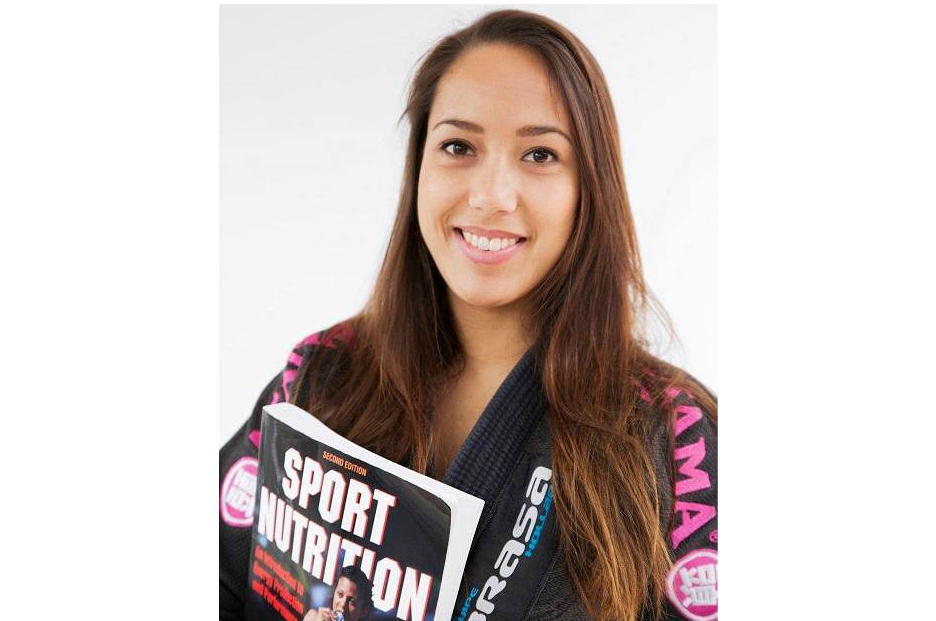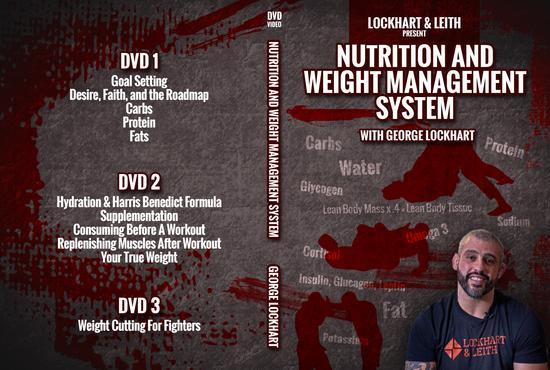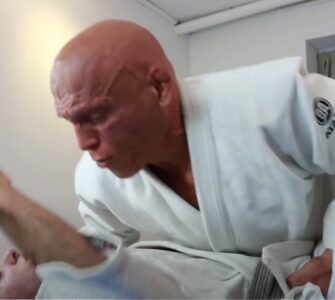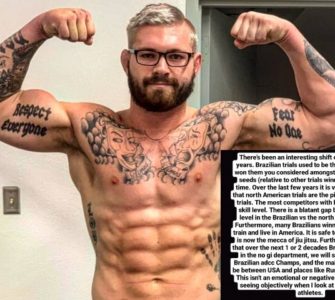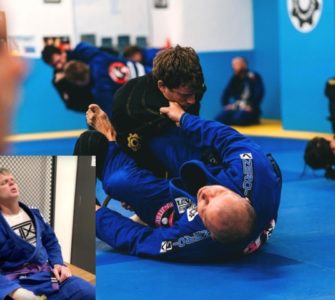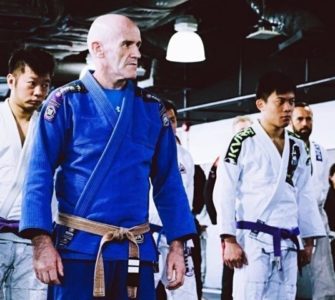Sarai Pannekoek is a Dutch BJJ player and very well respected sports dietitian who counts many BJJ athletes as clients. In this article She gives some really useful advice for BJJ athletes:
1. Hi Sarai, can you please introduce yourself to the BJJ Community of Eastern Europe?
Hi! My name is Sarai Pannekoek and just turned 27 yrs old. I am a Brasa blue belt under Professor Zohair Abouchoaib and Felipe Costa. I live in the Netherlands and last year, in 2012, I graduated as a sports dietitian. I own a private practice in Oss and I work with Dutch elite and amateur athletes to improve their health and performance. I also work with highly motivated clients that want to obtain or maintain good health. Currently I am in my final year from my master’s degree at the University of Amsterdam studying Clinical Epidemiology and my master thesis is about Weight Management in Combat Sport Athletes.
2. Please tell us about your Jiu-Jitsu story.
In 2006 I started with kickboxing and a year later I moved to America (Providence, Rhode Island). I started training Muay Thai and boxing at Elite Martial Arts, which were both awesome and my main focus. As soon as I was done training, the guys would train Brazilian jiu-jitsu. I did not have any clue what they were doing, so I got a little fascinated by the way they would roll. Right before I returned back to the Netherlands (2008) I got myself a gi and trained some Brazilian jiu-jitsu – but not much. It took me one year before I started to train Brazilian jiu-jitsu in the Netherlands, which was at my former trainers Willem and Mathieu Peters. I started out with one training every 2 weeks, since my main focus was still kickboxing and then got more serious into it in 2010. In 2011 I had to take one year off, so I started again in 2012 at Brasa Holland with my trainer Zohair Abouchoaib. I received my blue belt in December 2012 after competing at the Abu Dhabi trials in Lisbon.
3. Please tell us about your work as sports dietitian and your work with BJJ athletes.
I just love it. Sports and nutrition are both my passion, so to me combining these two is the best way to make a living. Ever since I left America becoming a sports dietitian and helping other people was what I wanted to do. So I love working with people that want to make a change in their diet and lifestyle. Working with athletes is awesome too, their drive and determination is just amazing. And working with BJJ athletes even more, since I know the lifestyle, it’s like we speak the same language. The past year I worked with a lot of BJJ athletes, both national and international. Some wanted to gain weight, others wanted to shed some weight and some just wanted to get more out of their diet and performances. For me it’s important that they look further than just the number at the scale. Cutting weight is fine, but please do it the responsible way and take care of your body – since you only have one.
4. What diet advice would you give someone trying to cut weight for a tournament?
Please go for gradual weight loss, is what I would say right away. Determine your weight class, develop a weight management plan on how to manage your weight during competition season and try not to fluctuate too much in between tournaments. Many BJJ athletes use extreme short-term measures to make weight in the week immediately preceding competition, rather than implementing long-term strategies to reduce body fat and body weight to reach the competition target. Quick weight loss strategies have more negative health consequences than gradual weight loss strategies. And besides, recovery of fluids lost through dehydration may take up to 48 hours. Several studies show that loss of fluid (equal to 2% of body mass) may cause a decrease in performance.
So yeah, gradual weight loss is preferred but sometimes impossible, so then rapid weight loss is all you can do. If you need to cut weight over a few days, please make sure to still eat. A lot of BJJ athletes kind of starve themselves till weigh-in, which in our sport, is not very pleasant, since time between weigh-in and first fight is short. So make sure to still eat. Use smaller portion sizes though, but keep the metabolism going. Create a negative energy balance, while eating foods high in (lean) protein, lower in carbohydrates and fibers, and skip the sodium.
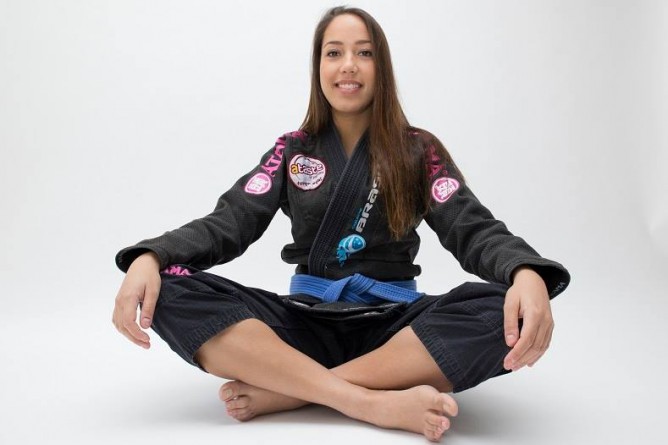
5. How would you determine what is the ideal weight for a set athlete? Let’s a say grappler has competed at three different IBJJF weight classes with various results and wants to determine the best weight class for him/her.
To determine the ideal weight class for an athlete could be an easy job, but sometimes it’s pretty complex. An easy job when the athlete has a pretty steady weight throughout the year (on-season and off-season) and a more difficult job when it’s not clear for the grappler which weight class is optimal for competing. Lighter doesn’t necessarily mean getting better results – although many athletes think like this. Communicating with the grappler (and the trainer) is essential in this process. In which weight class does the grappler feels the fittest and strongest? When he/she competed in different weight classes with various results before, it’s important to figure out what the main reasons were for competing in different weight classes and in what period of time this all took place. It would be great if there are any measurements available too (i.e. weight and on body composition such as skin folds, body fat percentages and girths), so the process throughout time can be made visible. I would help the grappler to optimize his/her body composition in a healthy way, so he/she gets the most out of training and competing. Again, low body fat is often preferred, but does not always mean that the grappler fights better too. Some grapplers fight better with a little more body fat than average. Main focus is the well-being of an athlete and competing while feeling the fittest and best he/she can.
6. What advice would you give to someone wanted to bulk up to a weight class above?
Gaining weight (i.e. muscle mass) isn’t as easy as it might sound. You should have a proper workout plan and nutrition plays a major role in this process too. So I would advice to work on the timing of intake to get the most out of your training and your recovery. Eat frequently, make sure that there’s enough energy available by eating enough carbohydrates and essential fats. Also (lean) protein (20-25 grams) per meal and before going to bed (20-40 grams) so you get the most out of the protein synthesis. Stick to your workout and nutritional plan – it may take a while before seeing results. If you have any doubt about your plans, visit a professional. Make sure you keep track on your body composition and the way you feel – whenever you are training or resting. I think the hardest part of gaining weight is maintaining it. So whenever you got into your right weight class, think about how you are going to maintain this weight (and even make another workout and nutritional plan). Eventually you want to be the fittest and strongest athlete in your weight class.
7. What are your views on supplements and vitamins for a BJJ athlete? What do you recommend?
Supplements are hot – using supplements is even hotter. The more, the better – is what a lot of athletes think. The BJJ athletes I work with have been using lots of supplements in the past. Some might have worked; lots of those do not work at all. In theory a lot of supplements could work, wouldn’t it be for the processes in the body that take place which can break down the substance before it even reaches the right cells. Before I recommend supplements, I make sure the basics in sports nutrition are optimized – the fundamentals in sports nutrition, so that the body gets everything it needs from wholesome and nutritious food sources. Timing also plays an important role; this is what we call the sport specific nutrition. It’s the form of nutrition around training or competing – and this makes it sport specific. When the BJJ athlete is unable to get his/her needs out of regular and basic nutrition, I would recommend using isotonic sports drinks, protein bars, protein shakes, or meal replacements.
I don’t recommend lots of other vitamins and minerals in supplement form, just vitamin D3 so the vitamin D level in the blood stays optimal and doesn’t drop during the Winter season (from October till March here in the Netherlands, the body isn’t capable to get vitamin D out of sun light, since the sunrays are too weak in order to synthesize vitamin D in the skin) and a multivitamin. These forms of supplementation are an addition to the athlete’s regular sports nutrition. For vegetarians or vegans I also recommend vitamin B12 – actually this often in combination with a blood test to check if there are any other deficiencies. In any other case, only when vitamin or mineral levels differ from normal, I would recommend using supplements.
Another form of performance enhanced supplements is creatine. I do recommend it when a BJJ athlete hits a plateau in training or wants to gain muscle mass. Creatine has been proved to increase performance, although studies show that 30% of creatine users are non-responders – that’s something to keep in mind. Using creating may lead to increased bodyweight (0,5 – 3kg), so it’s important to decide when you are going to use it.
8. If you want to thank sponsors or plug your company, feel free.
I would like to thank all the BJJ athletes, which I worked with in the past and the ones I’m still working with at this very moment, for their faith in me and making a change in their lifestyle. When something goes well for so long, it’s hard to switch and make a change, for something better and healthier. But the results are there and this is what keeps me going. For all athletes who want to cut/gain weight or check their nutrition plan, I would advice to go see a sports dietitian or sports nutritionist.
Follow me on twitter.com/SaraiPannekoek for more science based updates and like my business page for more practical tips on sports nutrition: www.facebook.com/saraipannekoeksportvoedingsadvies.
If you are not sure where to start and how to eat well, check out our newest and best-selling diet product from George Lockhart. Lockhart is one of the UFC’s leading nutritionist and has helped some of the best professional athletes in the world lose weight and doing it in a healthy fashion. Lockhart is the real deal and this product can literally change your life. It is an E-Book and a DVD. This is also available as a digital download below.

